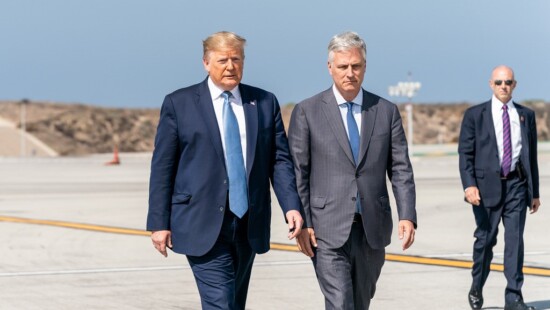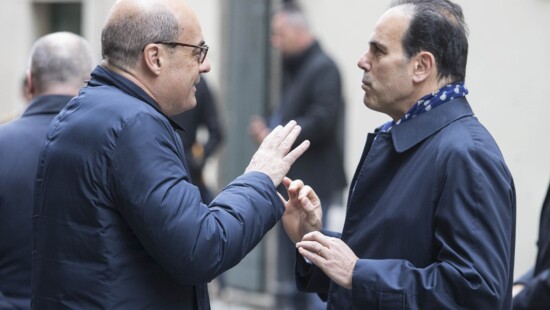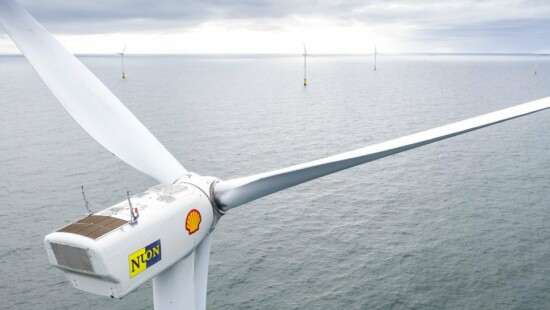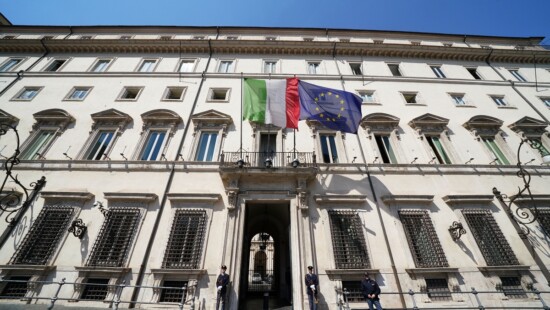L’Italia è leader in Europa nel riciclo e nell’efficienza. Ma non basta, serve che anche Bruxelles non molli la presa sul Green new deal, la lotta al Covid passa anche da lì. Le opinioni di Gentiloni, Realacci, Ruini, Bastioli e Amendola
Archivi
Russia e Cina, il dilemma missilistico degli Stati Uniti
Il consigliere per la sicurezza nazionale Usa conferma la disponibilità a schierare nuovi missili in Europa se servirà per scoraggiare la Russia da azioni assertive. In realtà, a leggere bene le dichiarazioni, la preoccupazione maggiore (ipersonica) è per la Cina. Su questo, anche per il New Start, Mosca appare un’utile sponda
Hong Kong, Tony Chung è il primo perseguito per la legge sulla sicurezza. Il video
Hong Kong, Tony Chung è il primo perseguito per la legge sulla sicurezza [embedyt] https://www.youtube.com/watch?v=fkSs0uc1u8A[/embedyt] Hong Kong, 29 ott. (askanews) - Il giovane militante di Hong Kong, Tony Chung, è stato accusato di "secessione". Il ragazzo è diventato così la prima personalità politica a essere perseguita in virtù della contestata legge sulla sicurezza nazionale imposta da Pechino all'ex colonia britannica.…
Terrorismo, solo il dialogo tra civiltà può prosciugare i pozzi dell’odio
“Fratelli tutti” offre una strada che saprebbe prosciugare i pozzi dell’odio. Le possibili e auspicabili misure di sicurezza non c’entrano con questa prospettiva che a livello di popoli imposta il dialogo tra civiltà e culture, al di là della necessaria tutela di ognuno
Di Maio incontra Netanyahu in Israele. Il video
Di Maio incontra Netanyahu in Israele [embedyt] https://www.youtube.com/watch?v=Pie48aws62k[/embedyt] Il ministro degli Esteri Luigi Di Maio in Israele, a Gerusalemme, dove ha incontrato il primo ministro Benjamin Netanyahu.
Rimpasto, anzi no. Il dietro le quinte del caos Pd
Ultimatum del capogruppo del Pd al Senato Marcucci a Conte: verifichi se ha una maggioranza e se i ministri sono adeguati. Ma Zingaretti smentisce: pieno sostegno. Il Nazareno, però, è spaccato. De Micheli, Speranza, Azzolina, Catalfo, Bellanova, Bonetti nel mirino. E c’è chi guarda a Berlusconi: “Non ne ha sbagliata una”
All'Italia il primato europeo dell'eco-efficienza. Il rapporto GreenItaly 2020
Siamo il Paese con la più alta percentuale di riciclo, quasi l’80%, il doppio della media europea che si attesta intorno al 40%. Ma c’è anche la chimica…
Tokyo-Londra. Il post-Brexit inizia dal Pacifico
Un accordo tra Tokyo e Londra che va dal commercio alle infrastrutture che si sintetizza nel confronto alla Cina. Particolare attenzione al quadro di intelligence, con il Giappone che si integra ancora nel 5 Eyes, spiega Galietti (Policy Sonar)
Così i big data rendono fertile l’agricoltura italiana
L’Italia investe sul futuro. E lo fa in un settore-chiave per l’eccellenza made in Italy, quello dell’agricoltura. È stata lanciata oggi, infatti, Sdf Data Platform, piattaforma che permette ai trattori targati Sdf di essere costantemente connessi e di trasmettere informazioni continue con l’obiettivo di incrementare l’efficienza operativa e garantire una maggiore produttività in ottica sostenibile e 4.0
Covid-19, come evitare la terza ondata. L'appello di Lettera150
Dieci studiosi hanno sottoscritto un documento intitolato “Covid – Un’operazione verità è necessaria” in cui si elencano dieci punti su cu il governo sarebbe dovuto intervenire per evitare la seconda ondata di coronavirus, utili anche in previsione di una terza. Tutti i dettagli

















